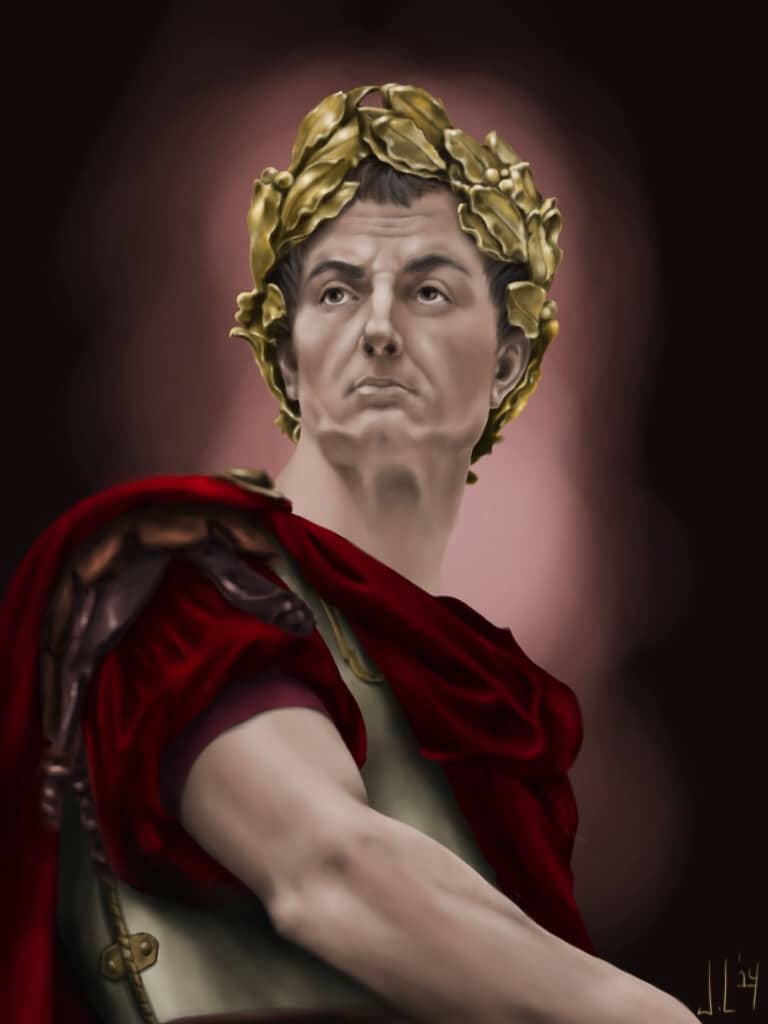In ancient times, wars were much more common than they are now. The quest for power, fame, resources, and status was more violent in those times. Looking back, many warriors and strategic leaders won wars worth remembering. These warriors and military leaders didn’t have the technology we do- the more reason to salute them. We’ve compiled the five greatest warriors and their achievements.
The Pride of Mongolia
Born as Temujin, Genghis Khan founded the ancient Mongol Empire, the largest continuous empire ever. Genghis Khan was born in 1160 and began his military career by leading warriors to small wars, his influence growing.
His influence soon extended to many Mongol tribes. Genghis led some campaigns that eventually led to the creation of the Mongol Empire. He also led his military armies to conquer territories across China, East Europe, and Central Asia. He died in 1227.
The man who combined military heroism, politics, and literature
Born in 100 BC, Gaius Julius Caesar was a Roman statesman, orator, and general. He became famous through his military campaigns in Britain and modern-day France. In 59 BC, he got elected as consul and made many reforms, like land redistribution for veterans.
He was one of the people who helped the Latin language spread worldwide. As an essential partaker of Roman politics, Julius Ceasar wrote about his military campaigns. In 44 BC, some people who feared his growing influence assassinated him.
A chivalrous king and fearless warrior
Born in 1157 in Oxford, Richard I was the king of England from 1189. King Richard I spent much time abroad; he led the Third Crusade to reclaim Jerusalem from the Muslims. He was a fearless warrior; why else would people call him ‘Lionheart’?
He won many battles against the king of France, King Philip II. King Richard I was also an art patron; he commissioned the Salisbury Madonna painting. His soldiers and knights knew him as a generous leader. He died in 1199 from a battle wound.
The symbol of Hellenistic civilization
Inheriting the Macedonian throne at age 20, Alexander the Great ruled between 356 BC and 323 BC. He conquered many rebellions and led many successful campaigns, defeating Central Asian, Grecian, Egyptian, and Persian territories for about twelve years.
He was renowned as a courageous military leader who would go into battle in front of his troops. He also used strategies like flanking and feints to maneuver enemies. Alexander the Great spread the Hellenistic culture abroad before dying at age 32.
Bravery and sacrifice personified
Leonidas I was a Spartan king who became a symbol of sacrificial leadership at the Battle of Thermopylae. King Leonidas held off the battle for up to three days and inspired the Greek army to regroup and win the war against the Persians.
A large Persian army invaded Greece to defeat the peninsula in 480 BC under King Xerxes’ command. King Leonidas and 7000 Greeks (including 300 Spartan soldiers) defended the Thermopylae pass for three days. He fought to the death on the third day.







